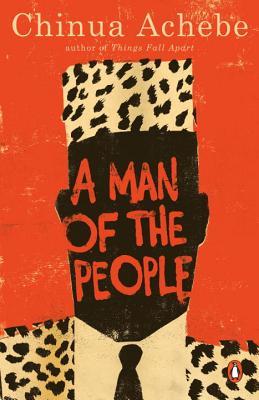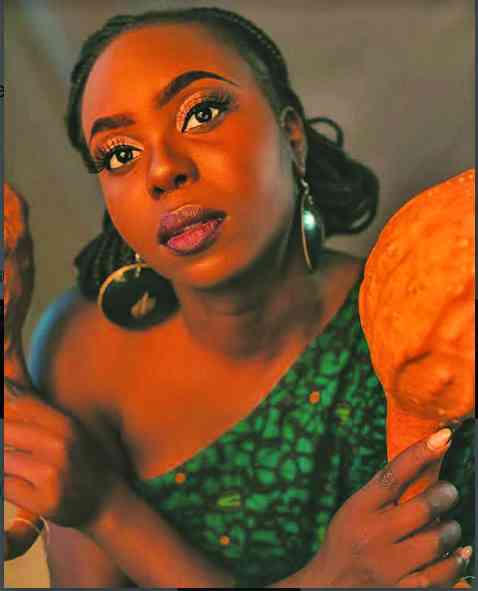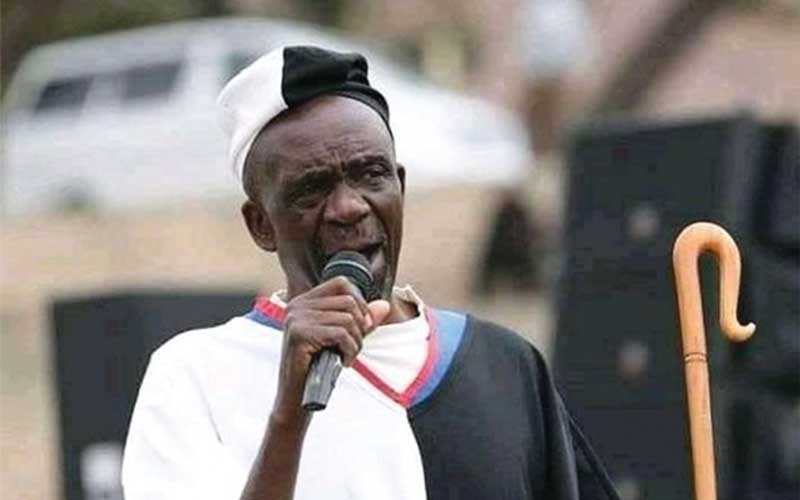
Chinua Achebe wrote A Man of the People well before Gonzo Musengezi penned down The Honourable MP, but there has been an impression that Gonzo drew great inspiration for his play from Achebe and the similarity of feel and argument make the choice to analyse these texts together an easier one.
Beniah Munengwa
Popular attention given on these two texts has for long explored the state of the African man of the people, but offered least or no attention on the role and contribution of women who are close to them to the process of nation-building.
With that in mind, I have noted that beyond the issues sought in the character composition of the male politician is some form of valuable residue that can be excavated through the exploration of the politician’s wife traits and any other female person.
A question has always been there as for how politician’s wives and surrounding women contribute in the making of the character of a politician.
In A Man of the People, we’re confronted with two chief characters whose engagement with women help in figuring out the traits of female individuals who find themselves interacting with political figures and systems on a daily basis.
These male characters are Chief Nanga and Odili.
They interact with women in the form and character of Elsie, Odili’s urban girlfriend, Eunice, Max’s girlfriend who then murders Koko for being involved in Max’s murder, Edna, Chief Nanga’s would be second wife and Margaret.
- Chamisa under fire over US$120K donation
- Mavhunga puts DeMbare into Chibuku quarterfinals
- Pension funds bet on Cabora Bassa oilfields
- Councils defy govt fire tender directive
Keep Reading
Of chief interest is Margaret, Chief Nanga’s wife, who, for the most part of the novel-plot interacts with Chief Nanga and Odili.
Through her, the reader is confronted with a significant amount of pretence as Margaret appears to be like a woman who is morally upright and a victim of male chauvinism perpetrated by Chief Nanga.
At first hand, she entertains Odili, treating her like her own, giving all the motherly love she could, but she then vehemently turns away against him as soon as she realises that he was now campaigning against her husband.
It is only after a threat to her power becomes evident, that she fangs out and exibits her true colours; that she is an integral part of the regime’s hypocrisy and construction of an artificial society built on lies and deceptive intent that allows for looting.
This scenario is striking in that it can be taken as a yardstick to be juxtaposed with current realities potrayed by politicians’ wives.
Through days of trouble and unfortunate circumstances, they do come out presenting what appears to be the most noble of acts in their capacity as politician’s wives.
Through these acts, an impression that they are harmless beings, incapable of doing any harm, is created.
But this is the impression that Achebe’s Margaret stands to redefine.
It becomes apparent that the rot that is depicted through Chief Nanga’s deeds extends and goes beyond himself and to other people who are surrounding him.
To that end, bad governance evidently becomes an indulgence that is contagious and easy to become embedded in those who directly benefit from corrupt systems.
Thus whoever is close to power cannot be entrusted with the task of incubating ideas and agents of change, especially when it leaves them depraved from the rites of passage to their milking pot.
What also emerges is that politicians’ wives are willing to put aside their attention towards their husbands’ promiscuous behaviour for as long as their pathway to material gain remains undisturbed.
In the Honourable MP, Pfende’s women, Immaculate and Isabella, in their two different capacities, take part in the making of the man Pfende, a figure who does not stand for the plight of the ordinary man.
Man’s ‘closest’ adviser is supposed to be his wife and as in the case of the biblical Adam, Eve plays a crucial part in the moulding of his destiny and fate.
Instead of the wife trying to straighten MP Pfende’s ways, she becomes his partner in crime and so does Isabella his mistress, as they collaborate in bypassing tax laws and shortchanging the people from the services that they so much expected out of post-independence nation-states.
There is, therefore, a conflict between women’s supposed roles as social agents who act like the great Mbuya Nehanda in forwarding philanthropic deeds and the reality that Gonzo depicts in his play.
It is material wealth that Elsie seeks out of her engagement with Chief Nanga and that attitude emanates from society’s perceptive view that men of power are men with material wealth and so should be treated as wells to be drained.
That then leads to the built-up of internal pressures that then inspire political people to loot more money and be able to uphold their power statuses and economic states by any means possible and necessary.
Eunice, though, is a different story. She takes revenge against Koko, a man whose men had murdered Max.
Eunice distinctively acts as an agent through which societal mishaps can be curbed, unlike most other female characters whose agency do not go beyond using their sexuality to lure material gain.
It is clear that from the reading of these two texts, one set in Nigeria and the other set in Zimbabwe, women involved sexually with political figures play a crucial role in the shaping of their man’s behaviour.
In a great way, they shape the future and present of nations, but the unfortunate part is that, so far, their contribution has mostly been jezebel-ike.
History has names like Marie Antonette and Grace Mugabe, to name just but a few.











